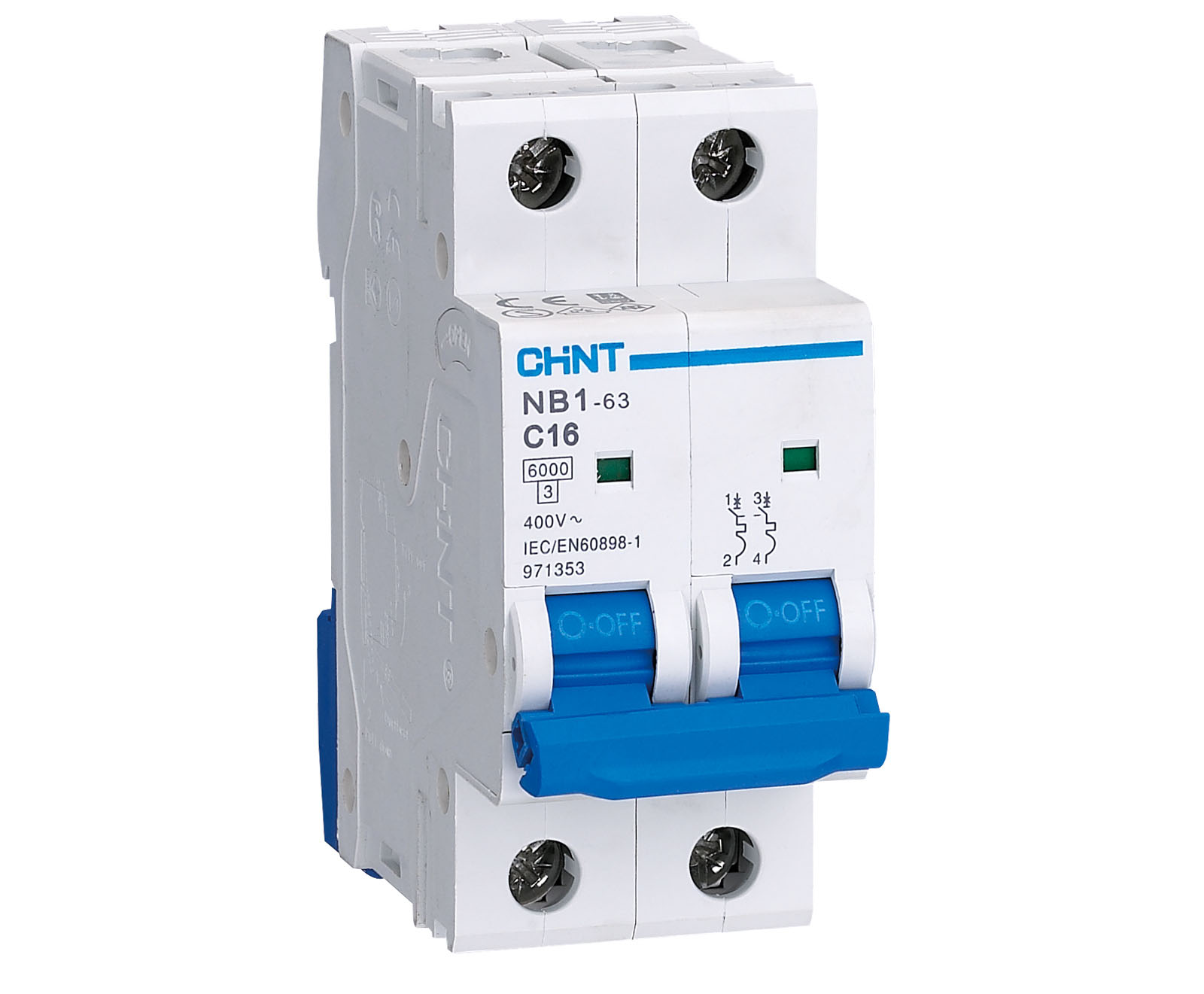A conductor will heat up if an unusually powerful current flows through it. This can damage electrical equipment and create a serious fire risk if it is allowed to continue in any part of domestic wiring system. As a safeguard, weak links are included in the wiring to break the circuit before the current reaches a dangerously high level.
The most common form of protection is a fuse, a thin wire that’s designed to break the circuit by melting at a specific current. This varies according to the part of the system that the fuse is protecting an individual appliance, a single power or lighting circuit, or the entire domestic wiring system. Alternatively, a special switch called a circuit breaker is used that trips and cuts off the current as soon as an overload on the wiring is detected.
A fuse will blow in the following circumstances:
- If too many appliances are operated on a circuit simultaneously, then the excessive demand for electricity will blow the fuse in that circuit.
- if the current reroutes to earth due to faulty appliance, the flow of power increases in the circuit and blows the fuse (this is known as earth fault)

Leave a Reply